Welcome to the Asian Society of Regenerative Medicine
We are the official leading source for information regarding regenerative medicine


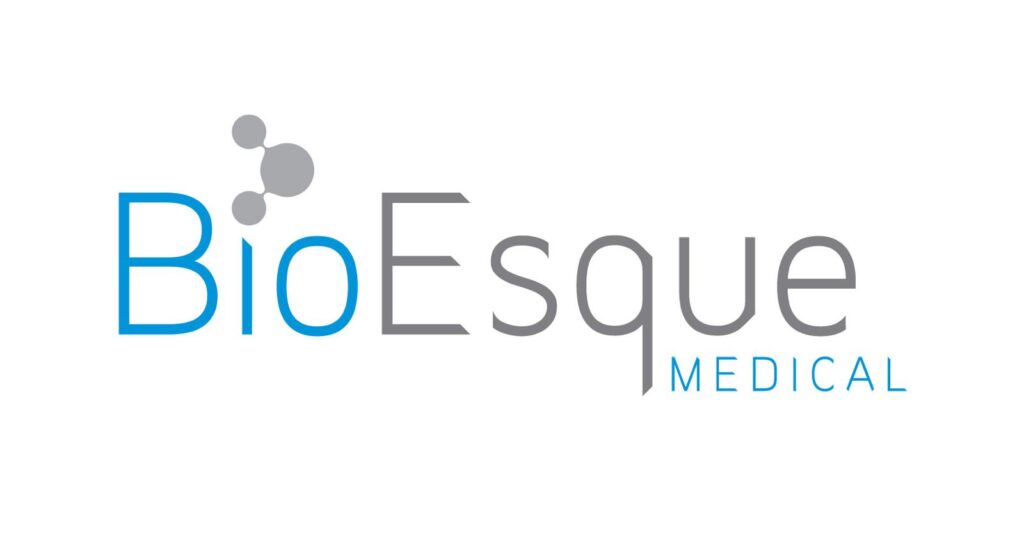
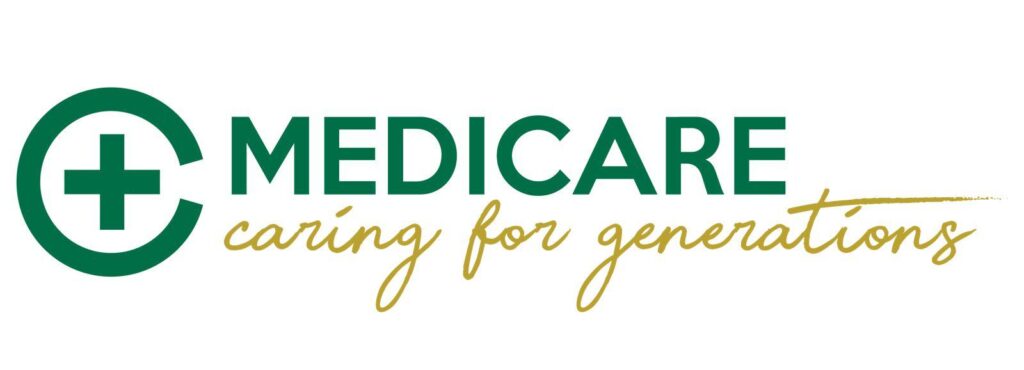

We are the official leading source for information regarding regenerative medicine


The ASRM 2nd Annual Conference brought together leaders, innovators, and practitioners in regenerative medicine for a powerful day of learning, discovery, and collaboration. The highlight video captures a dynamic and fast-growing community united by one mission—advancing the science and practice of regenerative therapies in the Philippines and beyond.
Through inspiring keynote sessions, insightful panel discussions, and active participation from industry experts, the event showcased the momentum and maturity of the regenerative medicine landscape. Professionals across multiple disciplines gathered to share knowledge, strengthen partnerships, and explore emerging breakthroughs shaping the future of healthcare.
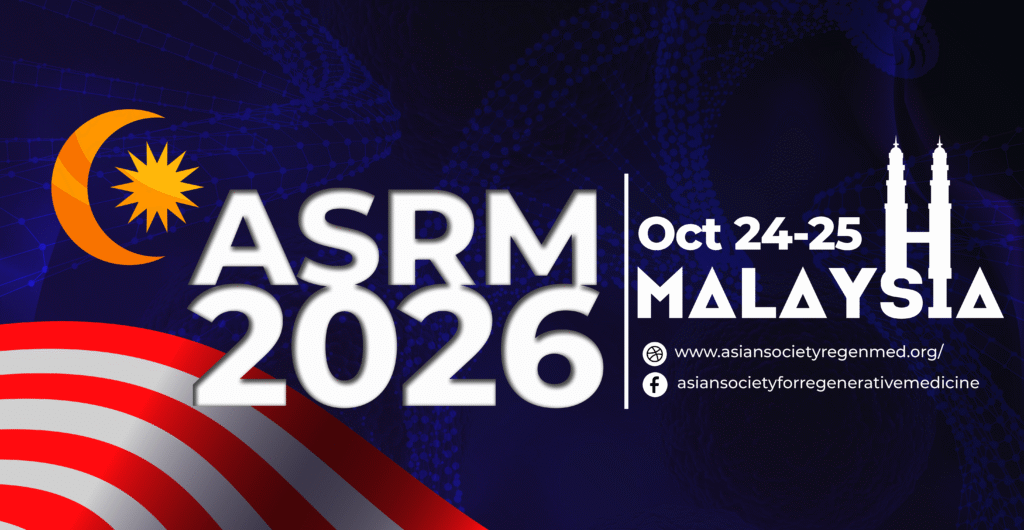
While specific dates and venue will be confirmed soon, plan your schedules for 2026 and watch for registration opening, call for abstracts, sponsorship opportunities and early-bird discounts.
Be part of the ASRM 2026 movement. Whether you’re a researcher, clinician, entrepreneur or policy-maker, this conference is your platform to learn, grow and lead in regenerative medicine across the Asia-Pacific region. Stay tuned for updates — we look forward to welcoming you in Malaysia!


ASRM is committed to being the driving force behind the evolution of regenerative medicine in Asia. By nurturing collaboration, advocating ethical practices, and advancing education and innovation, we aspire to not only transform healthcare across our continent but also contribute significantly to global advancements in regenerative medicine.
At the Asian Society of Regenerative Medicine (ASRM), we stand at the forefront of a transformative era in healthcare. With a focus on Asia’s burgeoning role in global scientific and economic landscapes, we unite clinicians, scientists, researchers, and industry pioneers to champion innovation and progress in regenerative medicine.
Advance collaborative efforts through conferences, workshops, and forums to facilitate the exchange of knowledge, treatment protocols, and breakthroughs in regenerative medicine.
Educate the public and media about the vast potential and current scope of regenerative medicine, fostering widespread understanding and support.
Forge strategic alliances with industry regulators and stakeholders, establishing robust infrastructure for responsible and monitored advancements in the field.
Uphold unwavering commitment to patient welfare by advocating stringent ethical standards and patient-centric care.
Provide comprehensive training programs for medical experts, empowering them in the latest Stem Cell Clinical applications and practices.
Regenerative medicine is a field focused on harnessing the body’s natural ability to heal itself or using external interventions to repair, replace, or regenerate damaged tissues or organs. It integrates various disciplines such as stem cell biology, tissue engineering, gene therapy, and biomaterials. Some key approaches include stem cell transplantation, tissue engineering, and gene editing techniques like CRISPR/Cas9, aimed at addressing diseases, injuries, or congenital disorders that currently have limited treatment options. This field holds promise for revolutionizing healthcare by offering potential solutions for conditions that were once considered incurable.
Some Universities have departments or institutes dedicated to Regenerative Medicine, aiming to explore innovative approaches to tissue engineering, stem cell biology, biomaterials, and regenerative therapies. These departments conduct extensive research on using stem cells, gene editing, and tissue engineering to repair or replace damaged tissues or organs. They collaborate across disciplines like biology, medicine, engineering, and materials science to advance the field. Research areas often include organ regeneration, cell therapy, biomaterials development, and understanding the fundamental biology behind regeneration. Several universities globally have renowned departments contributing significantly to the advancements in Regenerative Medicine, fostering groundbreaking research and education in this field.
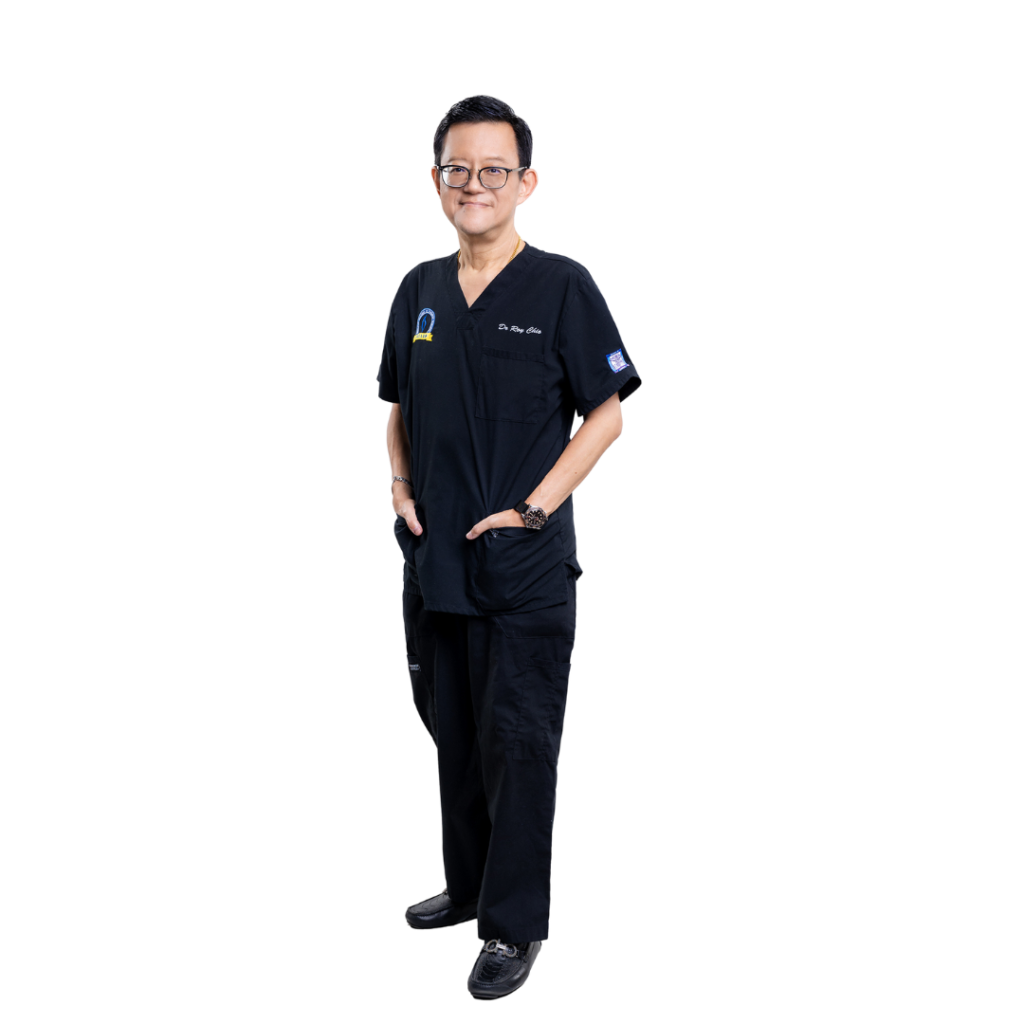
Regenerative medicine has various applications in the medical field. Currently, here are some current and potential medical applications:
1. Stem Cell Therapy, especially iPS stem Cells : Using stem cells to regenerate damaged tissues and organs. This includes treating conditions like heart disease, neurodegenerative disorders, and orthopedic injuries.
2. Tissue Engineering: Creating artificial tissues or organs using biomaterials and cells to replace damaged ones. Examples include skin grafts, bone implants, and artificial organs.
3. Gene Therapy: Using gene-editing techniques like CRISPR to correct genetic defects and diseases by modifying or replacing faulty genes. This could treat diseases such as sickle cell anemia already have FDA-approved gene therapy albeit with prohibitive costs. On the other hand, the misuse of CRISPR to alter the genes of babies to prevent HIV on the flimsiest of medical indications shows how this technology can be abused
4. Wound Healing and Musculoskeletal injuries: Developing advanced wound care treatments to facilitate faster and more effective healing of common tendon, ligament, and muscle injuries and also the vexing problems of chronic, non-healing wounds.
5. Organ Transplantation/ Organoid research: Improving organ transplantation techniques by regenerating or growing organs in the lab, reducing the need for donor organs and the risk of rejection. Development of Organoids that can mimic the function of organs and able to be used in new Drug investigations of toxicity, efficacy, optimal dosages etc.
These applications are continuously evolving, and ongoing research aims to expand their use and develop new treatments in regenerative medicine.
The Asian Society of Regenerative Medicine seeks this mandate to advance the above objectives by providing education to professionals & the lay public alike.
This will empower them with some of the necessary knowledge and skillsets to differentiate the Facts from the hype .
To ALL of those eager and willing to join us in this quest to in this Most exciting of ventures, I humbly invite you to join the ASRM !
Dr Roy CHIO
Founding President
MBBS (UK)
GDFM (Dermatology)
FICS, EXCO Singapore Chapter and World Governor
January 2024

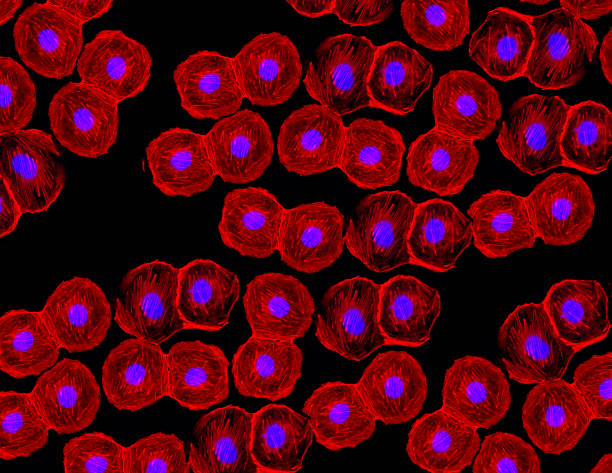
The scientific evidence of Cellular and Immunotherapies is growing by leaps and bounds. Many physicians in the world have started using them not only for the treatment for diseases but also in Prevention and Healthy Aging.

The Asian Society of Regenerative Medicine (ASRM) was registered in January 2024.
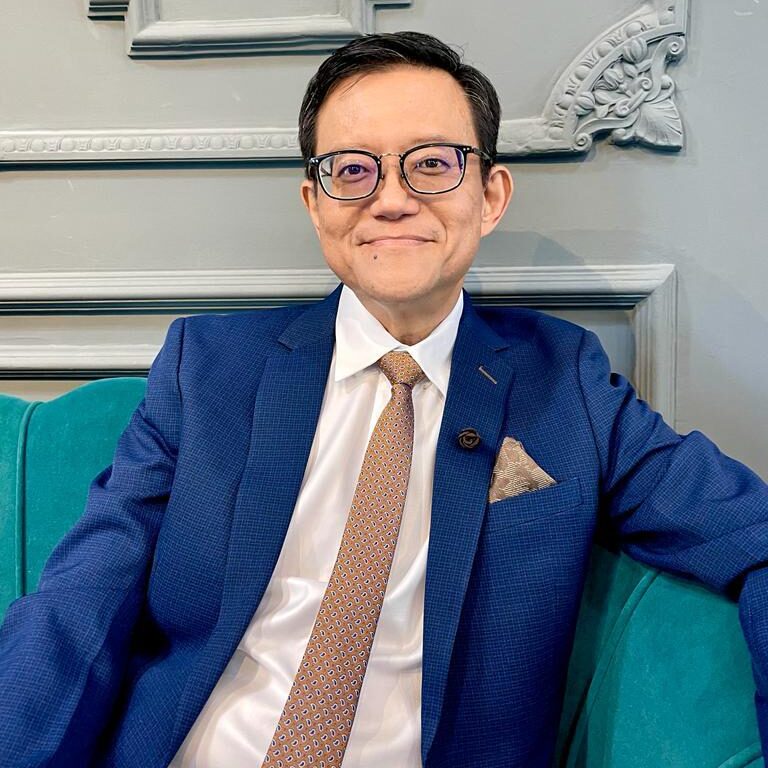

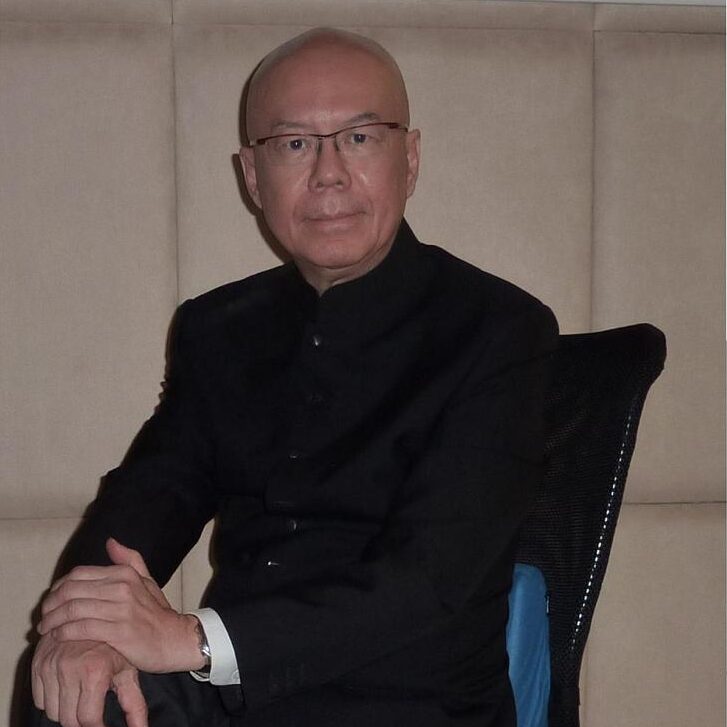
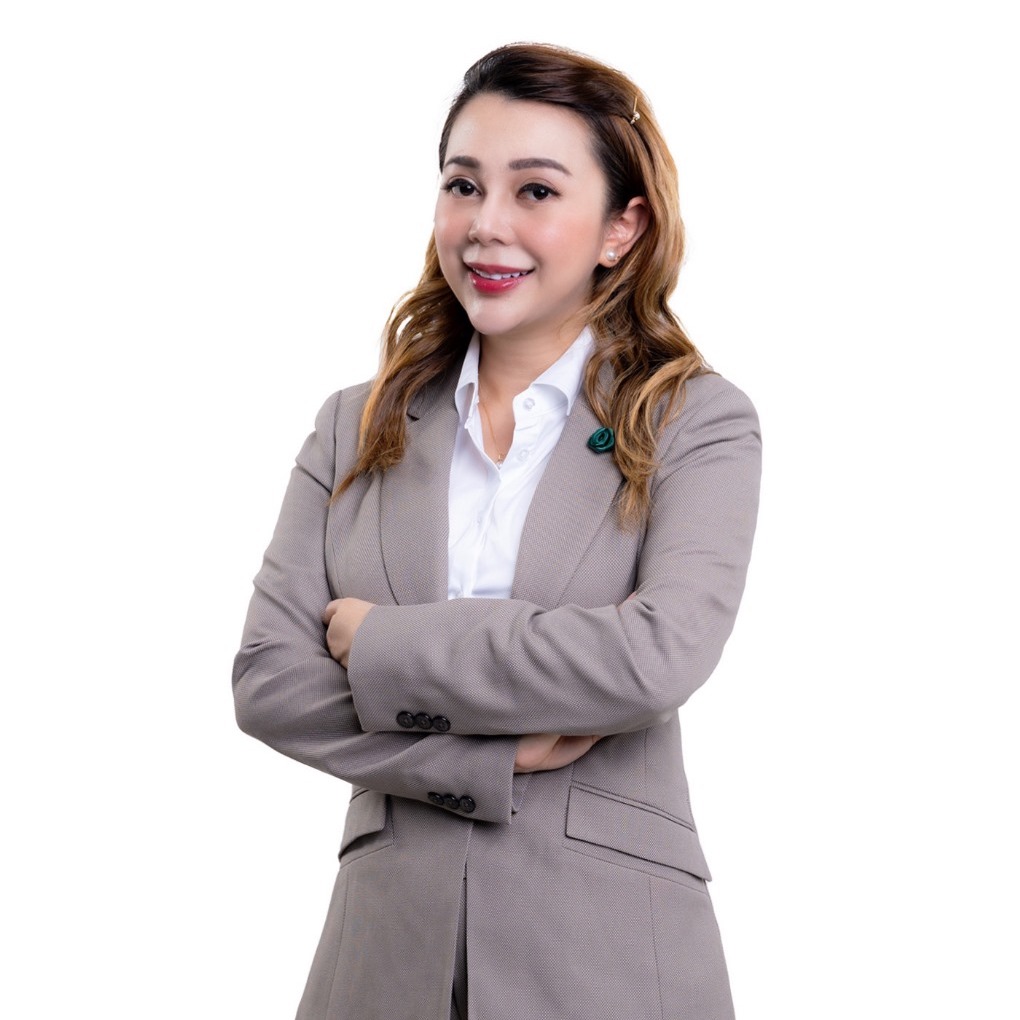
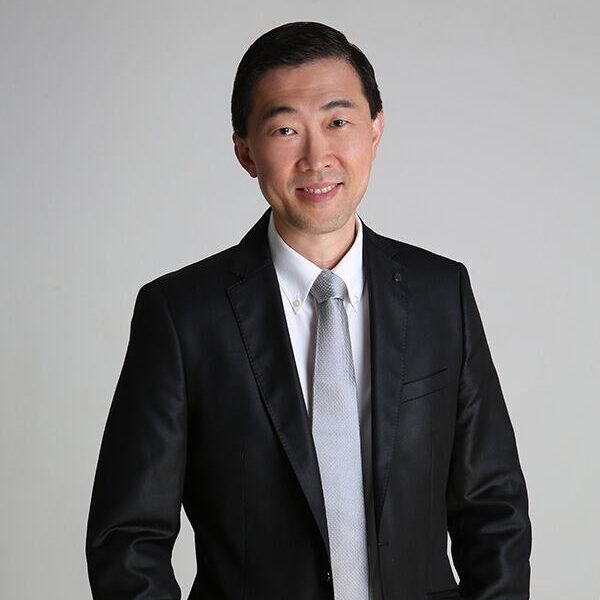
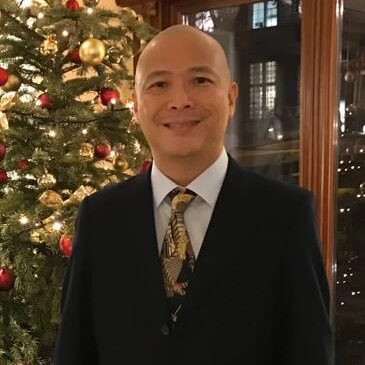
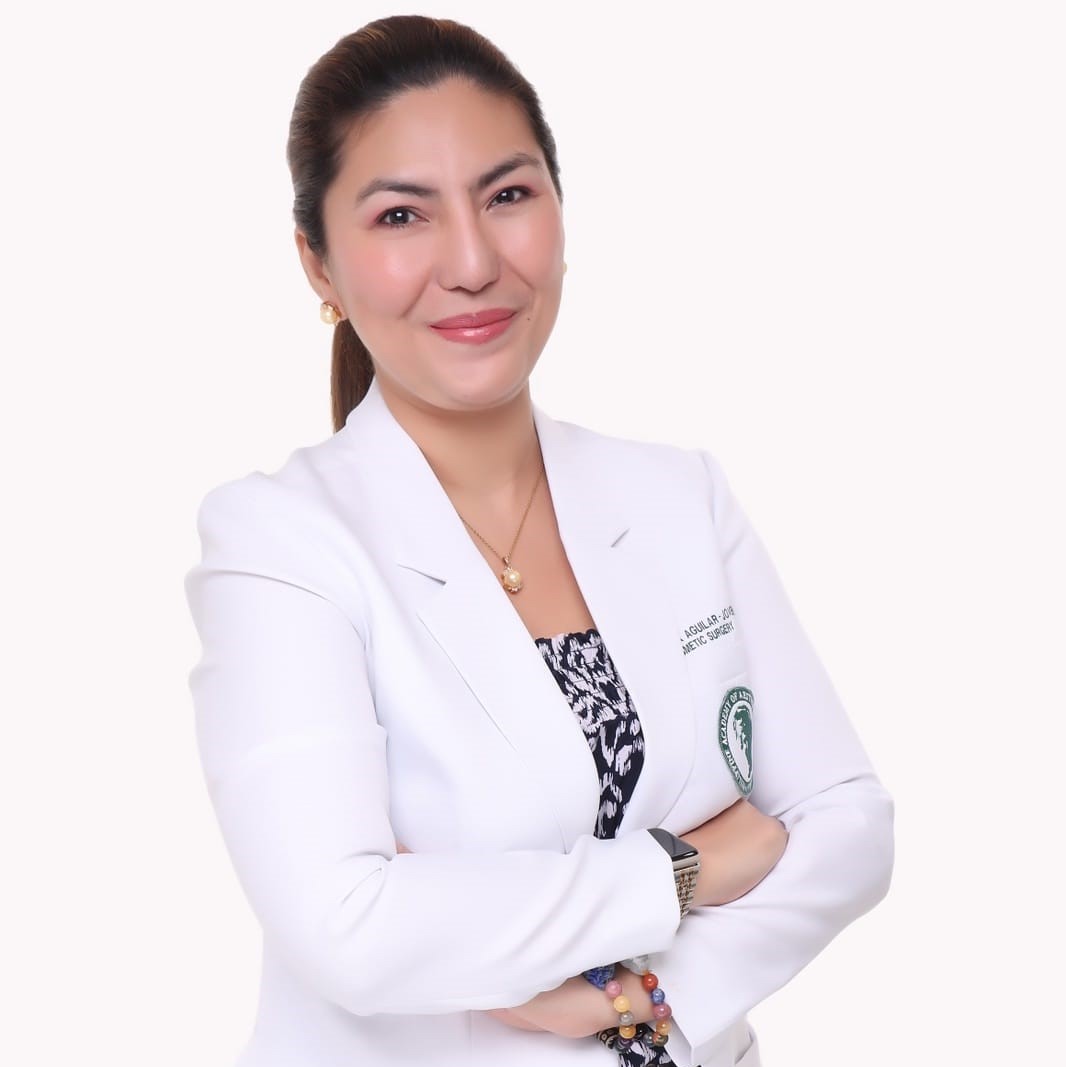
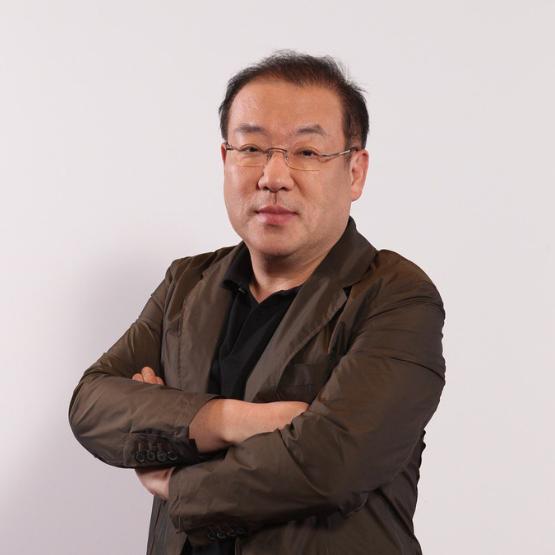
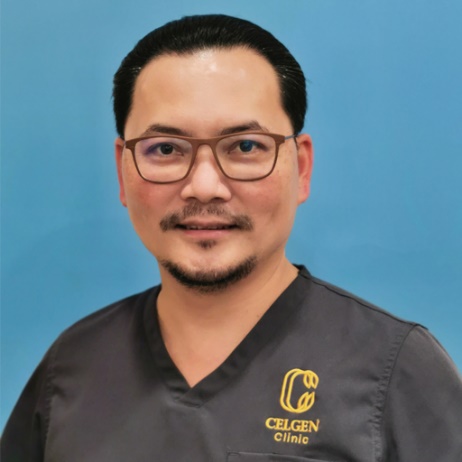
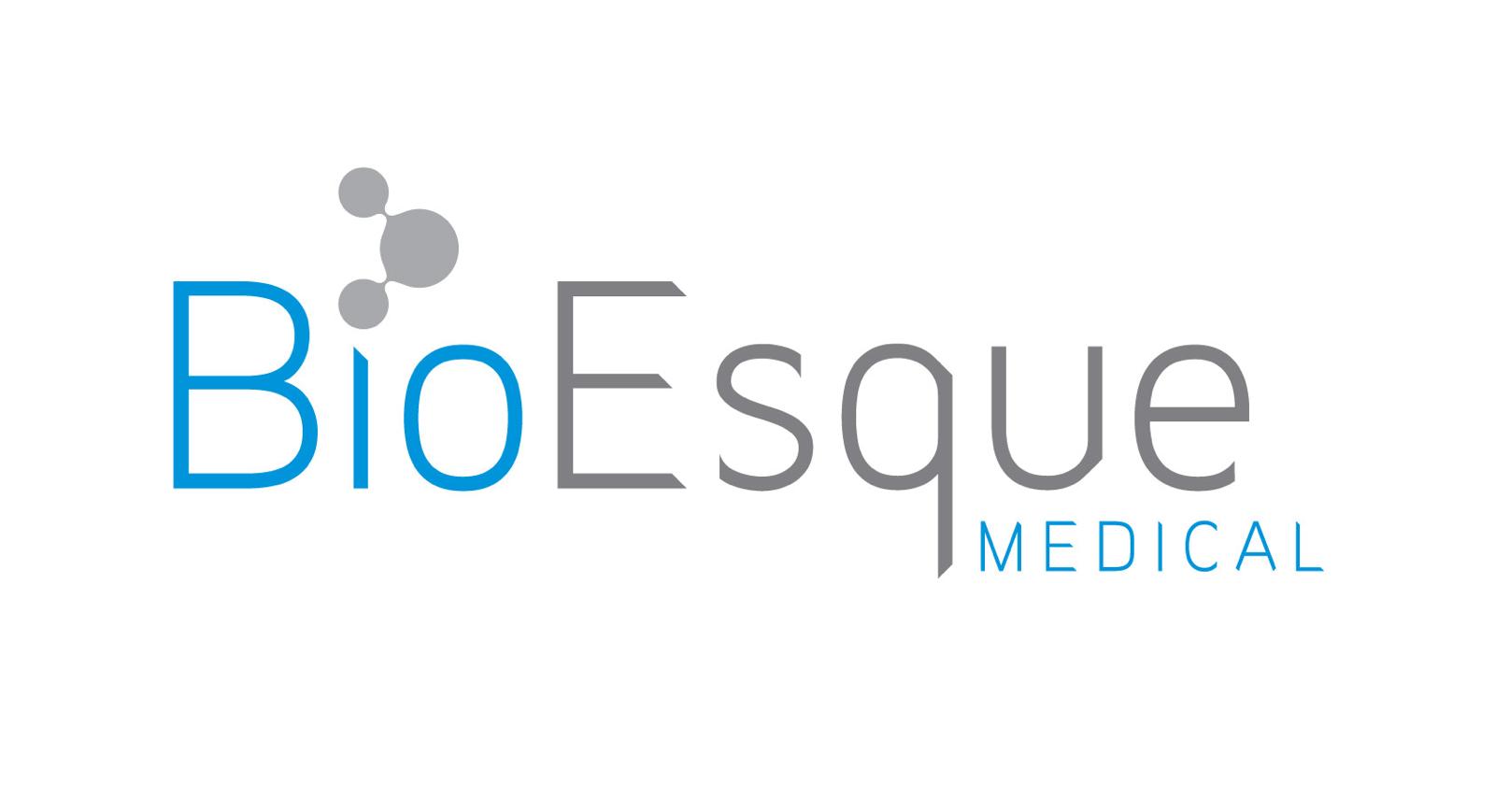
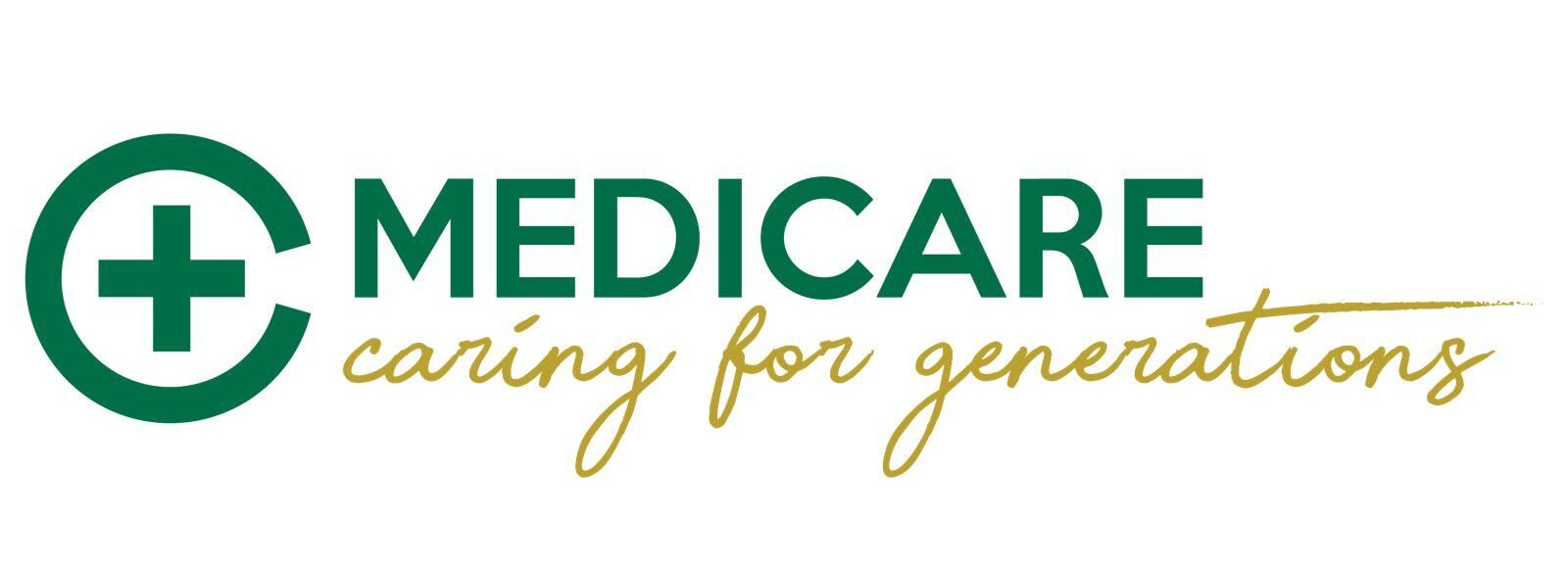

© Copyright 2025 Asian Society for Regenerative Medicine
158 Bedok South Ave 3 #01-581
Singapore 460158
ASRM Contact #: +63 969 142 8180